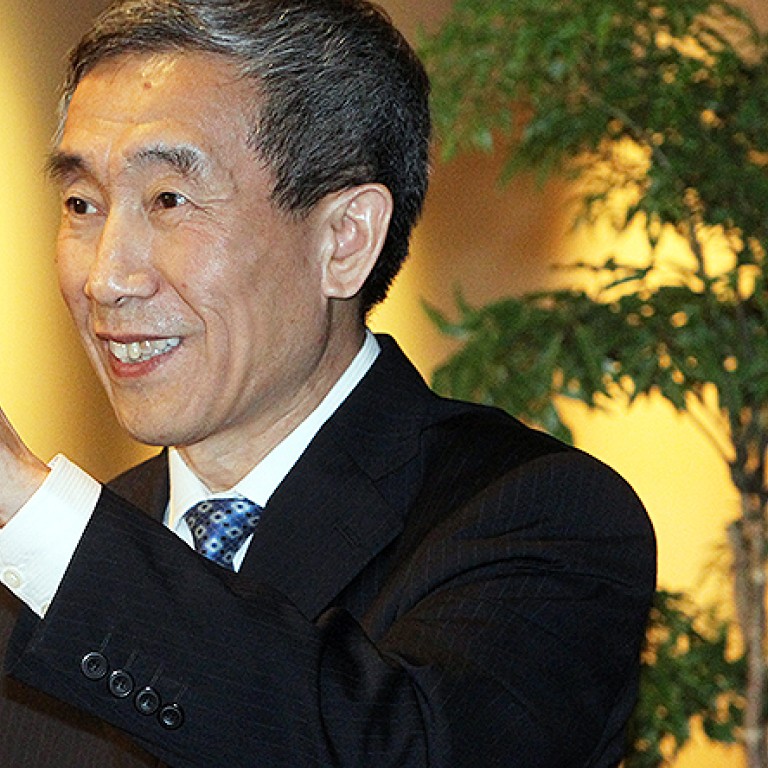
Let political parties play a central role in 2017 chief executive election
Frank Ching says giving political parties their rightful role in the chief executive election will bring us in line with the Basic Law
The visit to Hong Kong by Li Fei, chairman of the Basic Law Committee, left many questions unanswered as to how universal suffrage elections for the chief executive are to be held in 2017.
Li insisted that the provisions in the Basic Law are pragmatic and reflect the views of the people of Hong Kong. In a speech on November 22, he recalled that in 1988, the Basic Law Drafting Committee solicited opinions on five different ways for electing the future chief executive. Ultimately, he said, the Basic Law drafters chose the option of having a nominating committee to decide on candidates.
That, historically, may be how it happened. But that was in 1988, 25 years ago. However, the drafters of the Basic Law, in their wisdom, put in Article 45: "The method for selecting the Chief Executive shall be specified in the light of the actual situation in the Hong Kong Special Administrative Region and in accordance with the principle of gradual and orderly progress…"
What has been done to implement this stricture to choose a method for selecting the chief executive "in the light of the actual situation"?
Shouldn't the authorities in Hong Kong and Beijing take note of this dramatic change in the political landscape and, in the words of the Basic Law, act "in the light of the actual conditions" in Hong Kong
No one can deny the situation has changed a great deal in the past 25 years. In 1988, no legislators were directly elected. There were no political parties. Today, it is a different world. There are a plethora of political parties of various inclinations. Shouldn't the authorities in Hong Kong and Beijing take note of this dramatic change in the political landscape and, in the words of the Basic Law, act "in the light of the actual conditions" in Hong Kong when specifying how candidates for chief executive are to be nominated?
Around the world, in countries with political parties, those parties nominate candidates. Thus, in the last US presidential election, the Democratic Party nominated Barack Obama; the Republican Party chose Mitt Romney. Closer to home, in Indonesia, presidential candidates are nominated by political parties and independents are not allowed to run. Thus, President Susilo Bambang Yudhoyono, who first won election in 2004 and was re-elected in 2009, was the Democratic Party's choice. In countries where the head of the largest political party normally becomes prime minister, the role of political parties is even more direct.
Excluding political parties from the nomination process is, arguably, to ignore the "actual conditions" in Hong Kong and is contrary to the Basic Law.
Li, in his speech, concluded that the proposed nominating committee was fair and reasonable and not substantially different from the way universal suffrage elections are conducted in countries around the world.
Even a cursory look shows that is not the case. Most electoral jurisdictions give a central role to political parties. The Basic Law as currently drafted gives no role to them. This is contrary to the way universal suffrage elections are conducted around the world.
It's high time to respect the Basic Law and give political parties the key nomination role they deserve.

